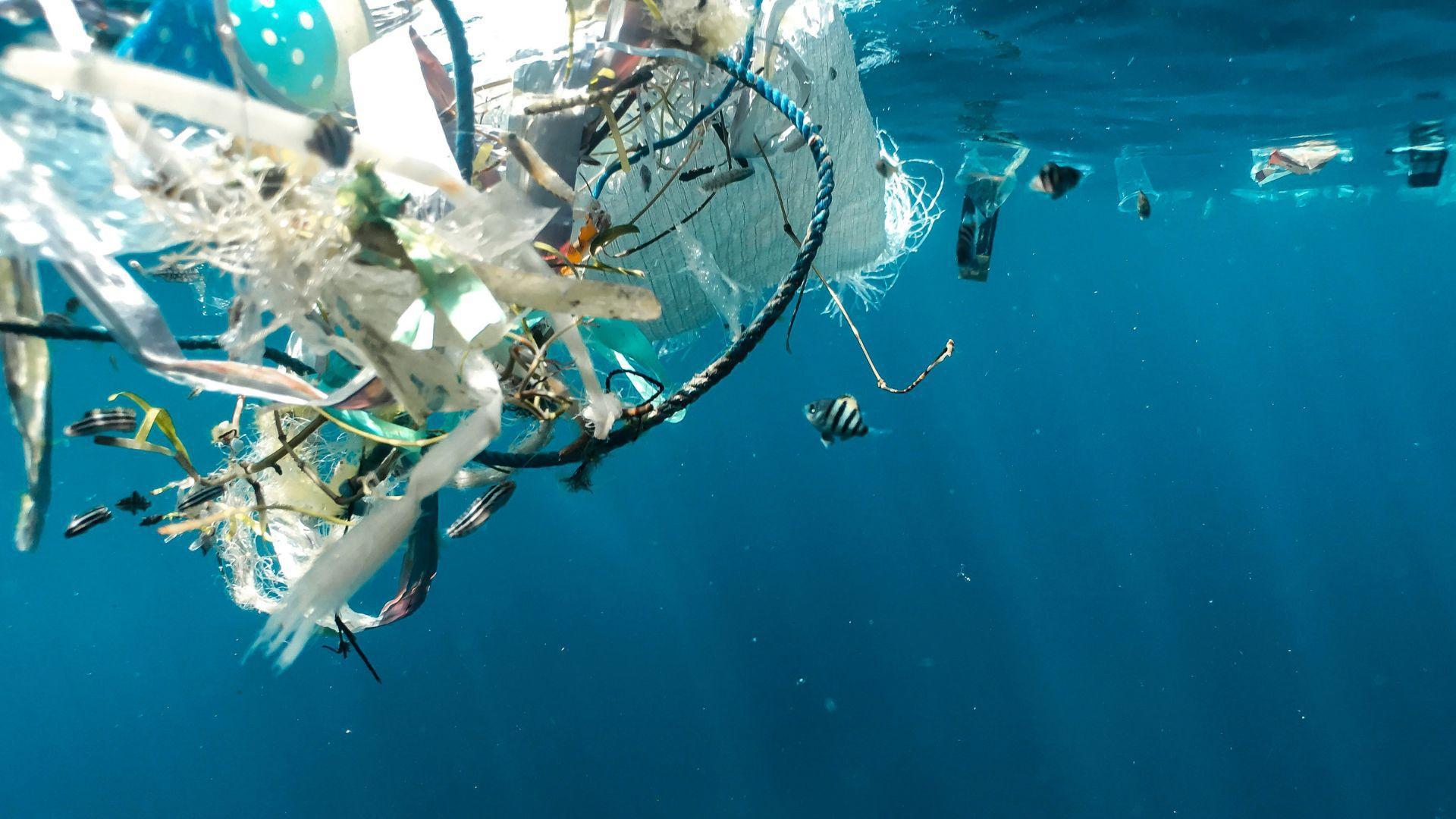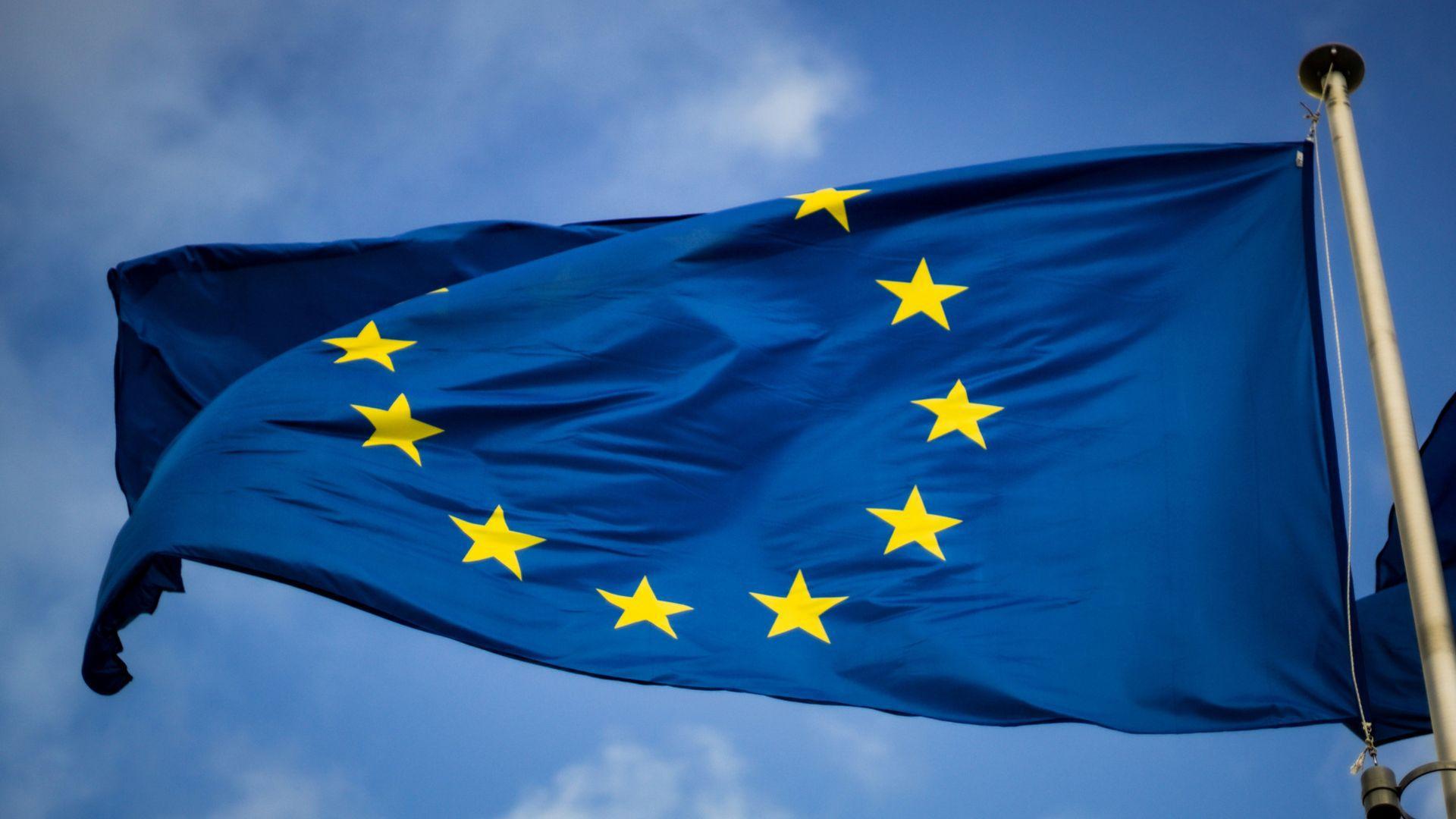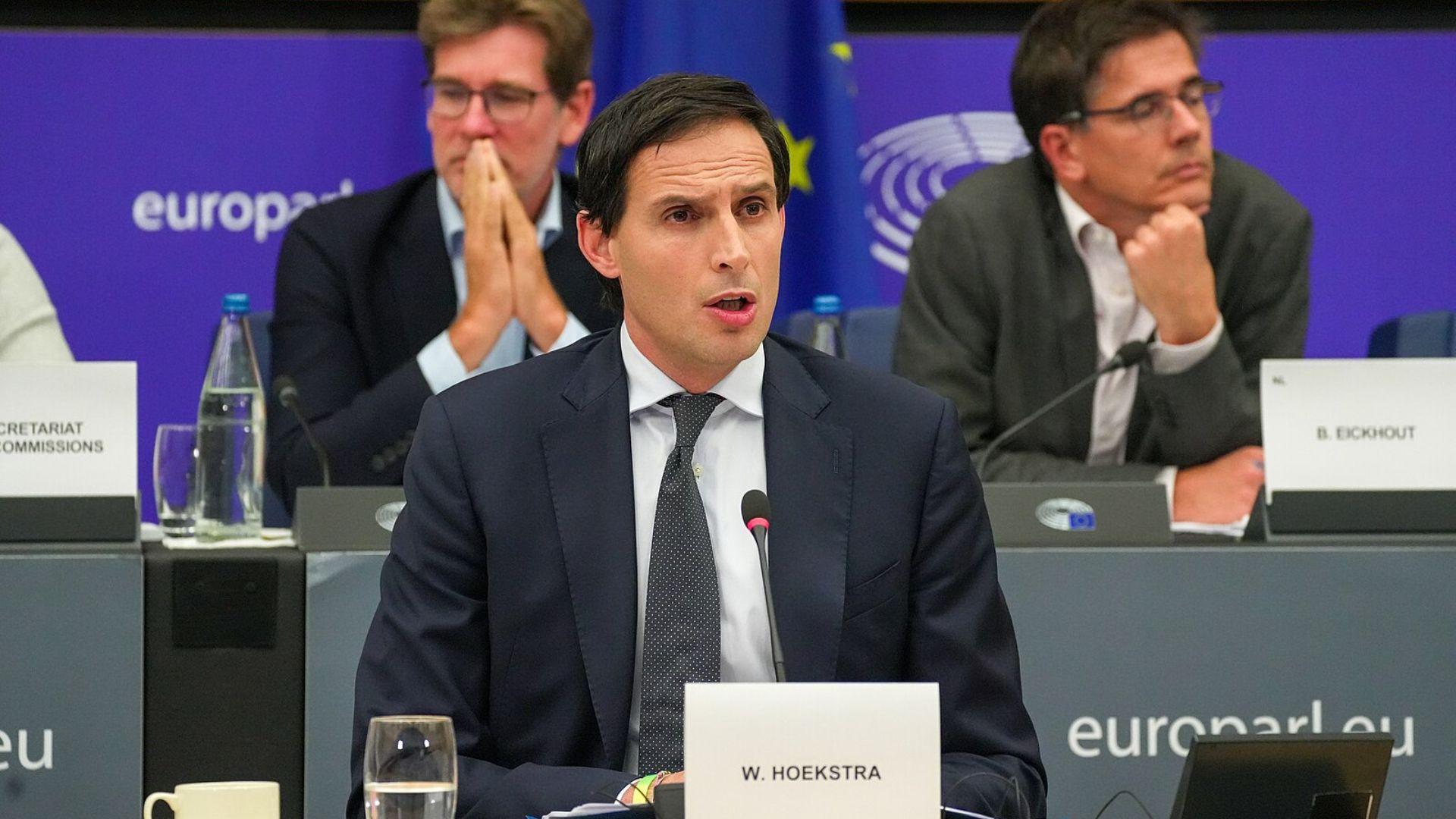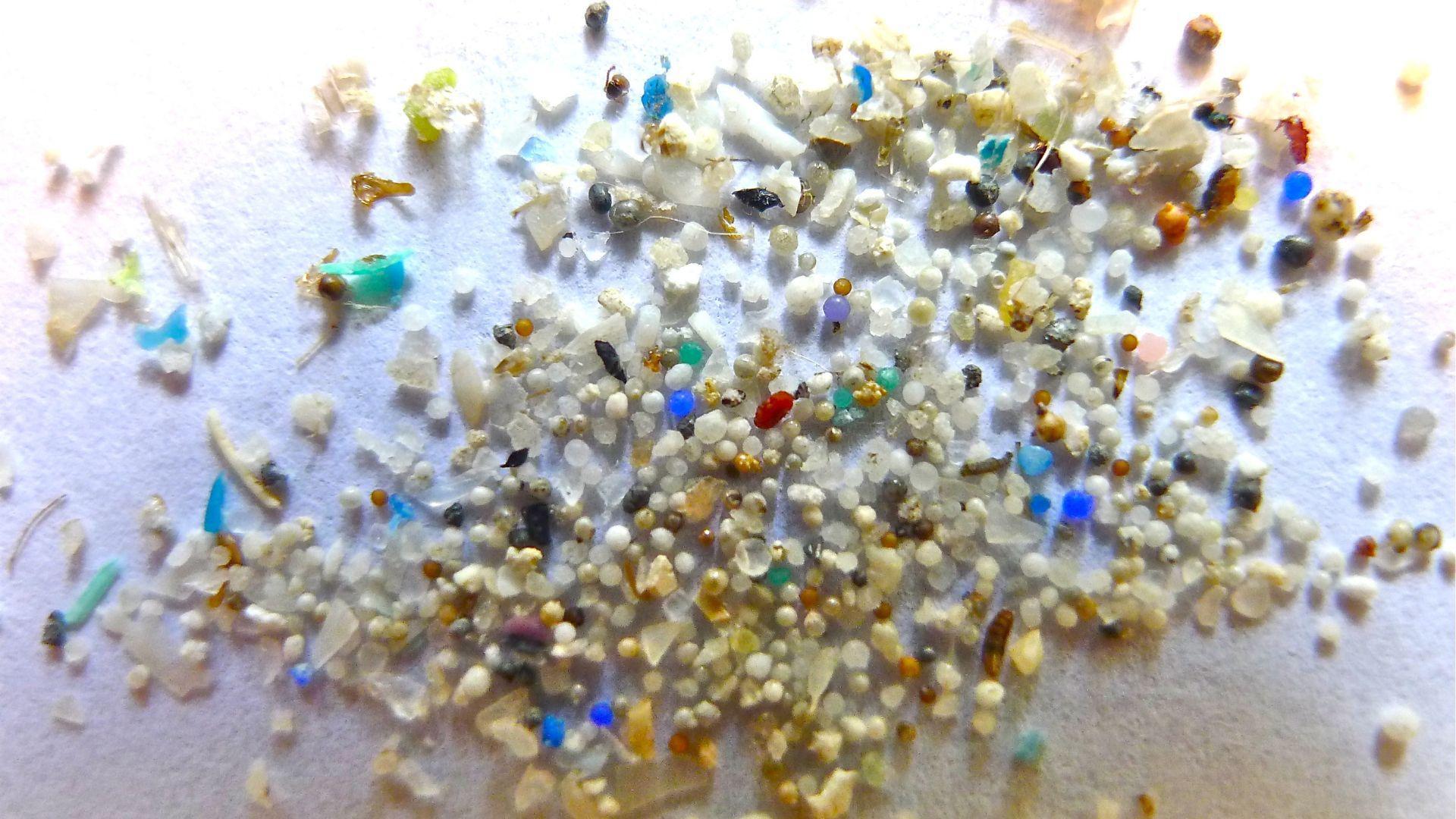The European Union has taken a significant step in environmental protection by introducing draft rules that require beauty companies to shoulder 80% of the costs associated with cleaning up microplastic pollution. This initiative, part of the “polluter pays principle,” is designed to address the increasing issue of microplastics contaminating urban wastewater.
The remaining 20% of the cleanup costs will be funded by governments, ensuring that essential products remain affordable and accessible.
Aiming for Cleaner Water

According to Virginijus Sinkevičius, the EU’s environment commissioner, these measures are crucial for safeguarding citizens against harmful discharges from pharmaceuticals and cosmetics in water bodies.
The Guardian reports that Sinkevičius said, “This will make our water cleaner and protect our health.” The rules focus on improving the quality of urban wastewater.
Expanded Water Treatment Standards

The European Union is expanding its environmental regulations to include more stringent standards for removing nutrients and setting new benchmarks for micropollutants, as per information from The Guardian.
These enhanced rules, agreed upon by the European Parliament and Council of Europe, are part of a broader legislative effort to improve water treatment and purification processes. By 2035, EU member states are required to remove organic matter from urban wastewater in communities with over 1,000 inhabitants.
Intensified Monitoring for Microplastics

The Guardian reports that EU governments are now mandated to monitor sewage for microplastics and other harmful substances like PFAS and indicators of antimicrobial resistance.
This increased surveillance comes amid concerns that some member states have been slow to implement existing sewage treatment regulations. The European Commission recently referred Spain to the European Court of Justice for failing to comply with existing wastewater rules in 225 communities.
Breakthrough in Water Management

Finnish MEP Nils Torvalds expressed his support for the new agreement, emphasizing its significance for water management in Europe.
He said: “The deal we reached today is a breakthrough for significantly improved water management and wastewater treatment standards in Europe, especially with new rules on removing micropollutants coming from medicines and personal care products. We have ensured that the impact of this legislation on the affordability of medicines will not be disproportionate” (via The Guardian).
EU-U.K. Environmental Policy Divergence

The agreement highlights a growing divergence in environmental policies between the EU and the U.K. post-Brexit.
The EU is advancing its environmental protection standards, particularly in water treatment, while the U.K. reportedly lags in several areas of environmental regulation. This includes a delay in addressing its sewage pollution crisis, as revealed by The Guardian.
Ministers Support ‘Polluter Pays’ Principle

EU environmental ministers have endorsed the “polluter pays” principle, agreeing that pharmaceutical and cosmetics companies should finance the removal of micropollutants from wastewater.
EcoWatch reports that this decision shapes the foundation for future negotiations and updates to the EU’s 1991 Urban Waste Water Treatment Directive, reflecting a stronger stance on environmental responsibility.
Balancing Producer Responsibility and National Funding

While the European Commission proposes a robust “polluter pays” policy, the European Parliament suggests a more balanced approach.
It recommends that national funding should complement the producers’ financial contributions, potentially covering up to 20% of the total cost, according to EuroNews.
Spain’s Response to Directive Changes

EuroNews reports that Teresa Ribera Rodriguez, Spain’s acting minister for the ecological transition, welcomed the new directive, acknowledging the need for updated regulations.
“We have tried to make sure that some of the microcontaminants which are so much more present than 30 years ago are properly treated now,” she said.
Aligning with the European Green Deal

European Commissioner for Climate Action, Wopke Hoekstra, commented on the Council’s approach, viewing it as a step forward in pollution reduction.
EuroNews reveals Hoekstra said the Council’s approach “will allow us to move forward with negotiations so that we continue to bring pollution down in line with the zero pollution ambition of the European Green Deal.”
EU’s Steps to Reduce Microplastic Waste

The EU has already initiated steps to minimize microplastic pollution by phasing out intentionally added microplastics in products such as cosmetics.
This measure is expected to reduce microplastic waste by half a million metric tons. The latest draft rule, part of the EU’s Zero Pollution Action Plan, aims to further reduce microplastic pollution by 30% by 2030, EcoWatch reports.
Improving Water Management and Stormwater Systems

According to EcoWatch, the EU’s new directive also seeks to enhance stormwater management and improve wastewater quality for reuse, especially in light of increasing heavy rainfall events due to climate change.
The directive, once officially adopted, will take effect 20 days after its publication in the Official Journal of the EU.
